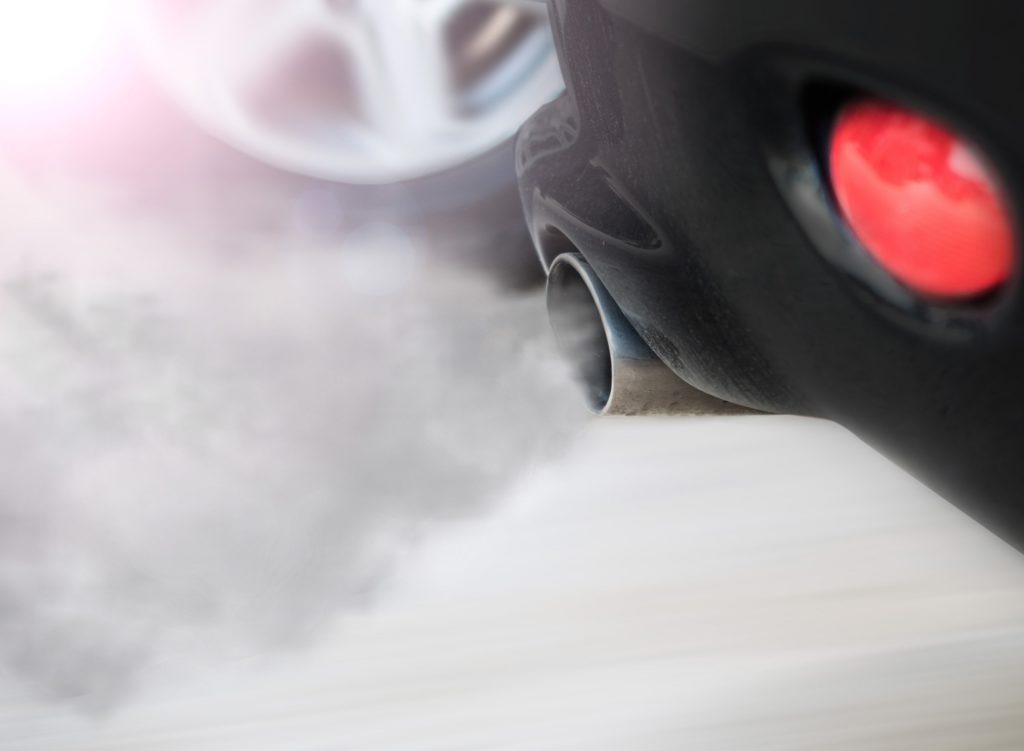Manufacturers’ alleged cartel included agreement on petrol particulate filters
23 July 2018

23 July 2018
As European authorities investigate a number of cartels surrounding the automotive industry, a potential new ′fixing’ agreement has come to light involving German manufacturers and petrol vehicle technology.
According to investigators, Daimler, Volkswagen, BMW, Audi and Porsche colluded to prevent effective exhaust gas cleaning technology for petrol vehicles being fitted to cars, according to a report in the German publication Der Spiegel.
The accusations suggest that petrol particulate filters, which reduce the particulate matter expelled from petrol engines following combustion and therefore benefit the environment, could have been introduced to new cars much earlier than is currently the case. Many manufacturers are now using the technology to achieve new emission limits posed by WLTP emissions testing.
According to the paper, the manufacturers agreed that ′the use of a particulate filter should be avoided in the gasoline engine’ in logs that date from around 2009. It also states that the manufacturers ′support a common approach’ on the introduction of the technology.
In addition, the manufacturers agreed on a “political lobbying strategy in Brussels”, which would help to delay stronger limits for the emission of particles in gasoline engines as long as possible. This is stated in the documents available to the EU Commission: “The goal of avoiding cost-intensive measures such as particle filters is confirmed,’ they state.
While diesel particulate filters (DPFs) have been common on diesel vehicles for a few years, helping the technology to achieve Euro-6 limits, PPFs are slowly being introduced as WLTP testing, and the Real Driving Emissions (RDE) portion, place stricter limits on emissions from petrol vehicles. In order to meet these, the Euro 6d-TEMP regulations, manufacturers are re-engineering their vehicles to fit particulate filters.
The logs are part of a wider package of cartel investigations against the manufacturers in question and were written prior to the Dieselgate scandal with changed the automotive landscape, creating a declining diesel market and necessitating the new WLTP emissions testing.
The manufacturers in question have not commented on the new speculation while the EU Commission investigation is ongoing.
The German manufacturers have been under investigation for a year over allegations that they discussed collaborating on fixing a number of areas of vehicle development and pricing. In October, each of those involved had their say on the allegations, with each denying that any damage was done through any cooperation and that no cartel was being run. Instead, each has stated that discussions between manufacturers are common and each respected the rules that govern the industry to prevent cartels being run.